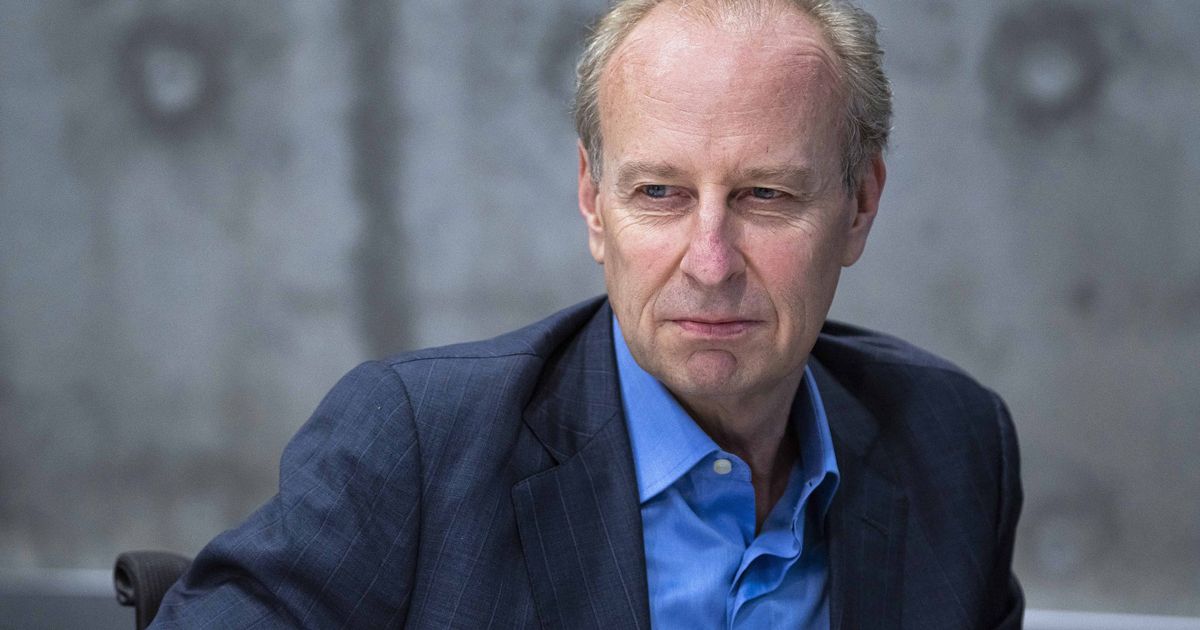
The Swiss businessman Yves Bouvier has claimed “total victory” against the Russian collector Dimitry Rybolovlev after Yves Bertossa, a prosecutor of the district of Geneva, dismissed the last criminal complaints against him.
But it is not over yet; Rybolovlev immediately announced that he will file an appeal in front of a Genevan criminal court against this “one-sided” ruling, which was signed by just one magistrate.
In 2017 and 2019, Rybolovlev filed two complaints in Geneva for aggravated fraud and money laundering against Bouvier and his alleged “accomplices”, Jean-Marc Peretti and Tania Rappo. The prosecutor now observes that they “relate to the same set of circumstances” investigated in Monaco from 2015. That procedure was annulled five years later on the grounds that it had been proven “partial and disloyal”. The Monegasque court of appeal admitted that Rybolovlev and his lawyer, Tetiana Bersheda, had benefited from “secret favours” from investigators and law enforcement authorities at the highest level, which “seriously undermined the defendants rights”. Criminal investigations for corruption were opened in Monte-Carlo and Bern—both are ongoing.
The Geneva prosecutor states there is no way Bouvier could have a fair trial in Switzerland, as “most of the exhibits introduced” by Rybolovlev to support his complaints “were produced or gathered in the investigation in Monaco in an illicit and disloyal way” and were biased by violations of an “extreme gravity” on his part.
The prosecutor goes further, saying that the accusations of fraud against Bouvier are “contradicted by many elements”. There is, in his opinion, no clear evidence that the Swiss dealer was acting as an “agent” for Rybolovlev and limited to a 2% commission, and their relationship continued even when the latter was made aware that Bouvier had taken a $40m cut of the sale of the Salvator Mundi. Even if the Swiss dealer was far from being straightforward with him, Rybolovlev “did not make the most elementary checks that could be expected in their commercial relationship”.
Bouvier claims that Rybolovlev, the owner of the football club AS Monaco, “has now lost all of the bogus court cases filed against him in Monaco, Geneva, Singapore, Hong Kong or New York“.
“For the past six years, he has done everything to ruin my reputation and business,” Bouvier tells The Art Newspaper. In 2017, Bouvier sold his shipping and storage company, the largest tenant of the Geneva freeport, to French operator Chenue for an undisclosed sum. The entrepreneur is also under investigation in Geneva for an alleged fiscal fraud on €300m profits made on his deals with Rybolovlev.
Rybolovlev accused Bouvier of having swindled €1.1bn from him through the €2bn sales of 38 works over nine years, including the famous Salvator Mundi by Leonardo da Vinci, now the property of Saudi Arabia which acquired it for a record $450m (although other works were sold by Rybolovlev at auction for a loss). Bouvier has always claimed that he was not acting as an agent but “as a dealer“, free to set his own profit margin. Claiming that Rybolovlev’s wrath “had nothing to do with art deals, and everything to do with a nasty divorce” he was going through, and business competition between the two men around freeports in Asia, Bouvier promises to “publish a book to reveal the whole truth”. Bouvier also plans to launch a $1bn series of lawsuits for damages in Switzerland, Monaco and Singapore.
Marc Henzelin and Sandrine Giroud, lawyers for Rybolovlev’s family trusts, say in a statement: “Dmitry Rybolovlev’s family trusts have previously complained about the lack of progress in the investigation by filing a denial of justice appeal several months ago.” They add: “The double-dealing of Yves Bouvier and his associates is clearly evident from the documents already present in the file of the Geneva Public Prosecutor, including multiple emails, whilst new and important evidence continues to be brought to the proceedings by the plaintiffs.”
Source link : https://www.theartnewspaper.com/news/genevan-prosecutor-dismisses-dmitry-rybolovev-s-case-against-art-dealer-yves-bouvier-but-the-ongoing-feud-between-the-two-billionaires-is-not-over-yet












